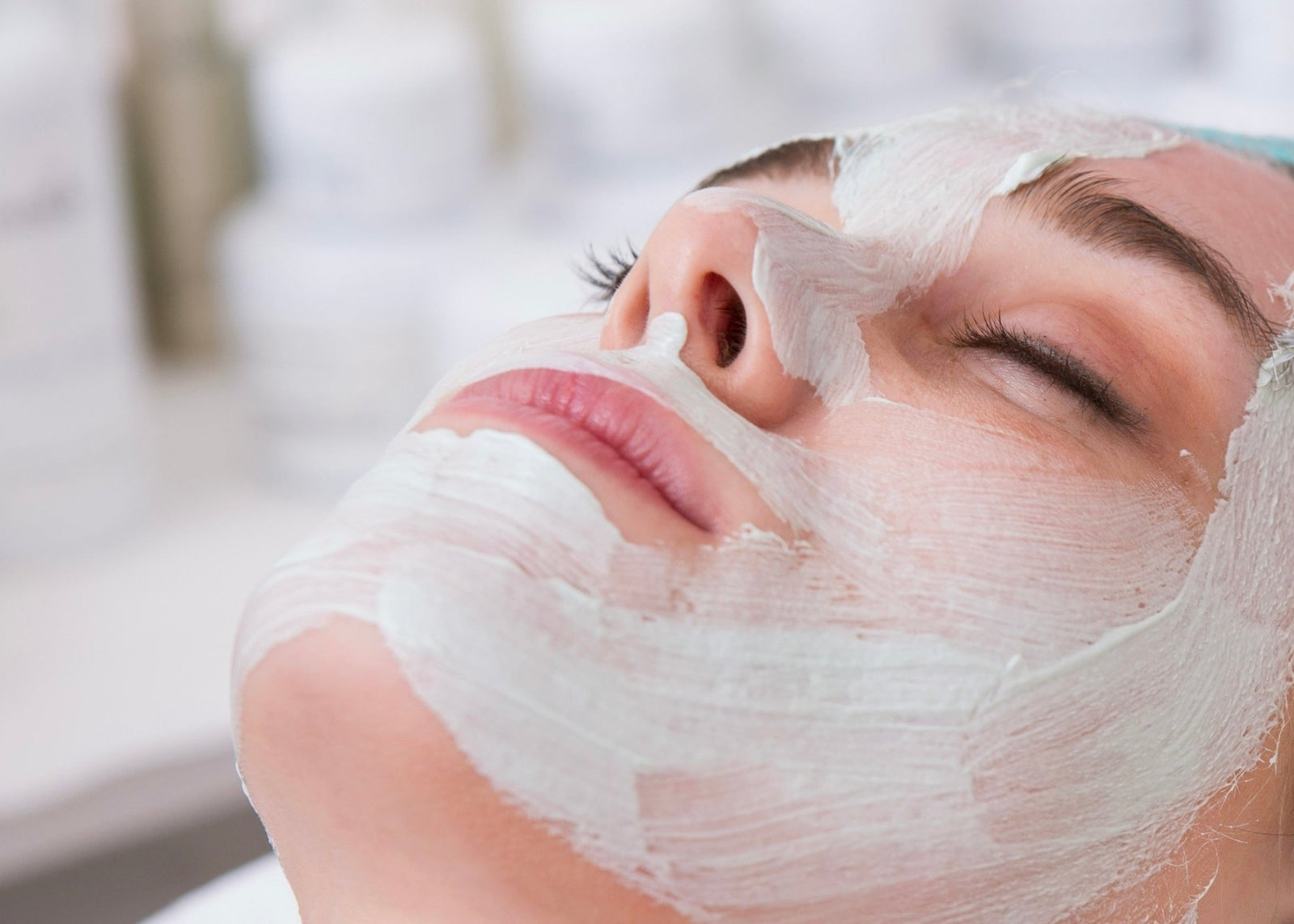
When to Use a Face Mask in Your Skincare Routine
One product that often raises questions is the face mask. When should it be used in your skincare routine? What benefits does it offer? And how can you choose the right one for your skin type? This comprehensive guide will provide you with all the answers.
Understanding the Role of Face Masks
Face masks are an essential part of a comprehensive skincare routine. They offer a deeper level of cleansing and nourishment than your daily cleanser or moisturizer, helping to remove impurities, hydrate the skin, and deliver potent ingredients directly to your skin.
Unlike other skincare products, face masks are not meant to be used daily. Instead, they are typically used once or twice a week, depending on your skin type and the specific mask you are using. This allows your skin to reap the benefits without overdoing it.
The Benefits of Using Face Masks
Face masks offer numerous benefits, depending on the ingredients they contain. Some of the most common benefits include:
- Deep cleansing: Face masks can help to draw out impurities and excess oil from your skin, leaving it clean and refreshed.
- Hydration: Many face masks contain hydrating ingredients that can help to replenish moisture levels in the skin.
- Exfoliation: Some face masks also offer exfoliating benefits, helping to remove dead skin cells and reveal a brighter, smoother complexion.
- Nourishment: Face masks are often packed with potent ingredients that can nourish and rejuvenate the skin.
It's important to note that not all face masks are created equal. The benefits you experience will depend largely on the ingredients in the mask you choose.
Choosing the Right Face Mask
With so many face masks on the market, choosing the right one for your skin can be a challenge. Here are a few tips to help you make the right choice:
- Know your skin type: Different skin types have different needs. For example, if you have oily skin, you might benefit from a clay mask that can help to absorb excess oil. If you have dry skin, a hydrating mask might be a better choice.
- Look at the ingredients: Always check the ingredients list before choosing a face mask. Look for natural and sustainable ingredients that are known to benefit your skin type.
- Consider your skin concerns: If you have specific skin concerns, such as acne or aging, look for a mask that is designed to address those issues.
Remember, what works for one person might not work for another. It may take some trial and error to find the perfect face mask for your skin.
When to Use a Face Mask in Your Skincare Routine
Now that you understand the benefits of face masks and how to choose the right one, let's talk about when to use them in your skincare routine.
As a general rule, face masks should be used after cleansing but before moisturizing. This allows the mask to penetrate deeply into your skin and deliver its benefits. Here's a step-by-step guide:
- Cleanse your skin: Start by removing any makeup and cleansing your skin. This will ensure that your skin is clean and ready to receive the benefits of the mask.
- Apply the mask: Apply a thin layer of the mask to your face, avoiding the eye area. Follow the instructions on the packaging for how long to leave it on.
- Rinse off the mask: After the recommended time, rinse off the mask with warm water. Be gentle to avoid irritating your skin.
- Follow with a moisturizer: After rinsing off the mask, apply your regular moisturizer to lock in the benefits and keep your skin hydrated.
Remember, face masks are not meant to replace your regular skincare routine. They are a supplement to it, providing extra benefits that your daily products may not offer.
Final Thoughts
Face masks can be a valuable addition to your skincare routine, offering deep cleansing, hydration, exfoliation, and nourishment. By understanding your skin type and choosing a mask with natural and sustainable ingredients, you can ensure that you are giving your skin the best possible care.
Remember, skincare is not a one-size-fits-all approach. What works for one person may not work for another. Don't be afraid to experiment and find what works best for your skin. Happy masking!













